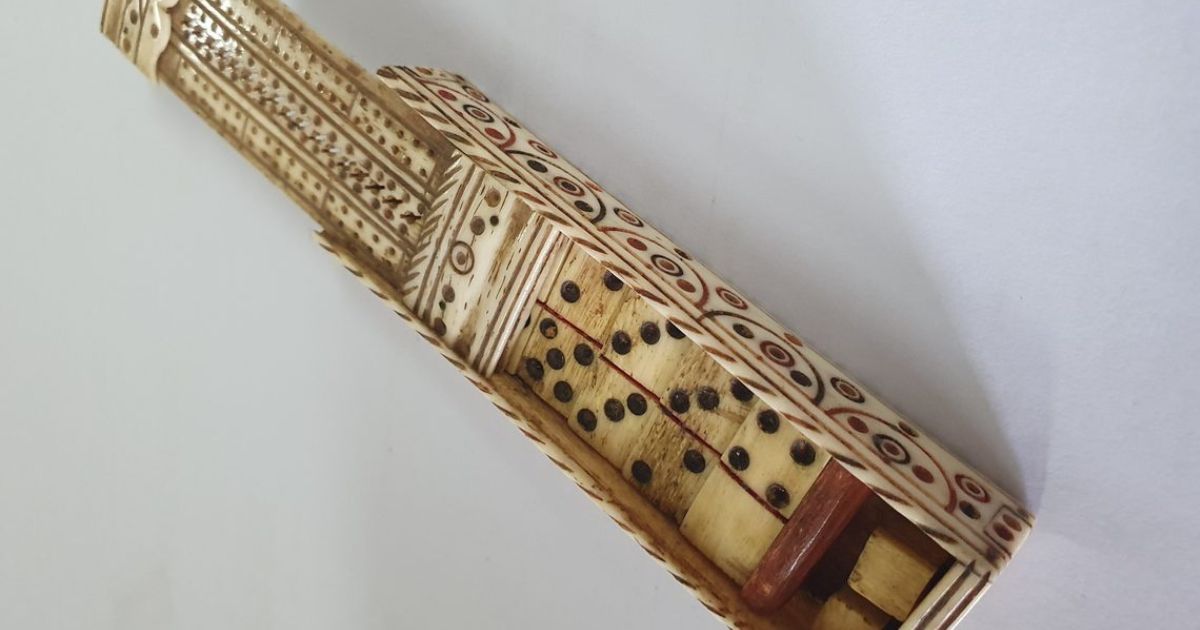Product of the convict life at Bendigo Auctions
IN 1848 Lord Grey, Colonial Secretary of England, decided to start sending convicts to the Cape Colony (now Cape Town) rather than Australia.
In 1849 he sent the ship Neptune to Table Bay in the Cape Colony with 300 convicts aboard. It did not go down well with the locals.
Within two weeks, massive protests were organised, a petition with many thousand signatures sent to Queen Victoria and an anti-convict committee was born.
The community put a total ban on any contact with the ship – no food, visitors or medicines.
The Neptune relocated to Simon’s Bay. However, the total ban on contact with the ship spread across the colony. Violence erupted, shops and businesses were closed, and the community widely rejected the demands of England.
Sir Harry Smith, Governor of the colony, was caught in the middle, under pressure from England to accept the ship but also in sympathy with the local community not to do so.
He made a small compromise by persuading Robert Stanford, a farmer, to send some food to the hapless convicts. It cost Stanford dearly.
He lost his livelihood since no one would buy from him and when his young daughter fell ill no one would treat her. She died as a result.
After five months, England relented and sent the Neptune on to Van Diemen’s Land (Tasmania).
At Bendigo Auctions we have a domino set, carved from bone by a convict on the Neptune in 1849. It was given to another local farming family who moved to Australia and been passed down in the family ever since. It is an exquisite piece of work. A testament to the human spirit in the face of brutality that tells us a story about convict life we otherwise would never have known.
Bendigo Auctions are located at 116-118 High Street, Bendigo, email [email protected] for further information.
//SPONSORED CONTENT



















